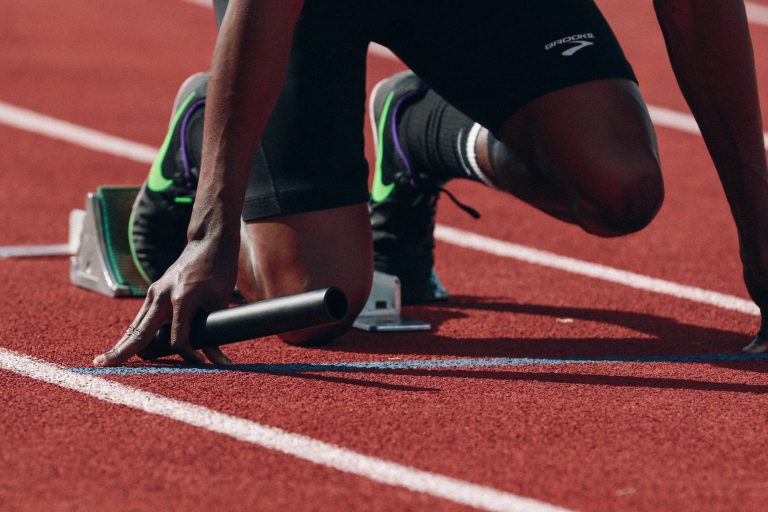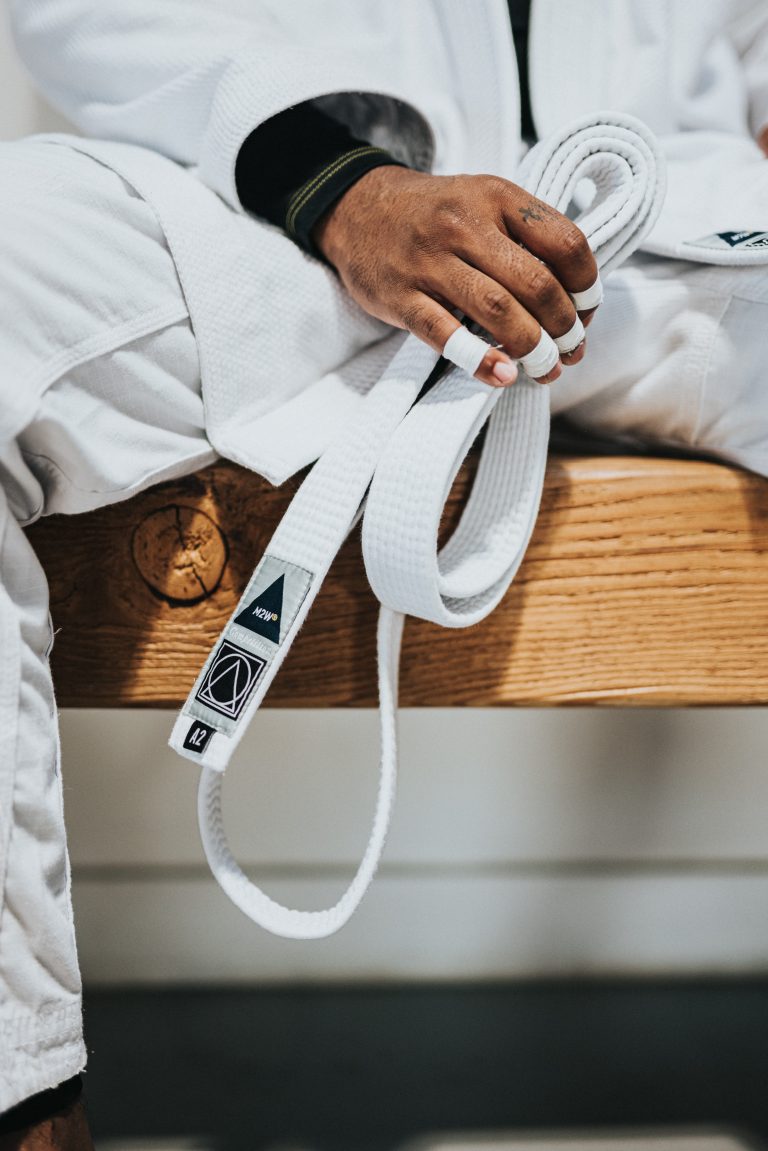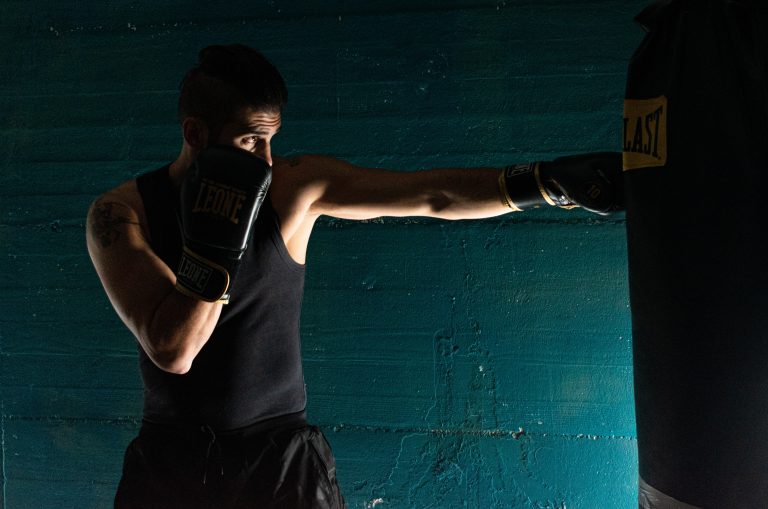Karate: What are the unique physical benefits of this Martial Art?
Karate is among the most popular forms of martial arts in the world. Learning Karate not only provides the practitioner self-defense techniques, but also offers numerous physical and medical benefits. In this article, we will explore some of these benefits to gain a broader understanding of why Karate is such an attractive form of exercise and why it can be life-changing.
The Definition of Karate
Before we talk about the physical benefits of Karate, it is important to understand exactly what it is. Karate is a form of martial arts that was initially developed in Okinawa, a Japanese archipelago, centuries ago. Designed primarily as a form of self-defense, the practice integrates a range of blocks and punches (known as “Kihon”) with stances and movements (“Kata”) to build a competitive, free-form and self-defense art. The fundamental principles of Karate include discipline, respect, patience, regulation and motivation – all essential components for successful Karate practice.
Karate For Physical Fitness
The combination of physical strength, mental strength and discipline is what sets Karate apart from other forms of exercise. Traditional Karate practice includes a range of exercises that require and improve both muscular strength, as well as agility. These exercises also help in developing coordination and balance. When combined with the traditional Karate movements, these exercises are aimed at providing physical fitness, which eventually leads to better overall health.
What Are Some Of The Unique Physical Benefits Of Practicing Karate?
Karate provides numerous physical benefits to those interested in martial arts. Below are five unique physical benefits associated with regular Karate practice:
1. Improved Strength And Balance
The practice of Karate helps to improve both strength and balance. By performing various exercises and techniques, practitioners develop muscular strength and stability that can be useful in everyday activities. These exercises also improve balance which, in turn, helps to prevent injury and increases flexibility.
2. Improved Mental Focus
Practicing Karate has also been known to have positive effects on mental focus. To successfully execute the techniques of Karate, practitioners must maintain concentration and focus on the task at hand. This sustained concentration is not only beneficial when practicing Karate, but can be applied to many other areas of life such as work and school.
3. Increased Self-Confidence
For many people, learning Karate can be an empowering experience that helps to increase their self-confidence. Practitioners are able to develop their knowledge and skills as they progress through the different levels of proficiency in their practice. As they become increasingly competent in their performance, their confidence in their abilities strengthens and is reflected in their everyday life.
4. Improved Stress Management
Karate practice helps practitioners develop greater self-discipline and builds self-control that can be used to manage stress more efficiently. Regular practice also helps practitioners maintain a healthier lifestyle that can result in improved physical and mental health.
5. Spiritual Well Being
The practice of karate does not only provide physical benefits but also yields mental and spiritual gains. As practitioners deepen their understanding of the practice, they can develop a greater connection with their inner selves and ultimately discover greater confidence in their own abilities as well as spiritual awareness.
Conclusion
As we have discussed above, there are numerous unique physical benefits associated with regular Karate practice. From improved strength and balance to improved self-confidence and spiritual well-being, Karate can be an advantageous lifestyle choice for anyone looking to incorporate martial arts into their daily lives. Therefore, whether one wishes to learn this art form for self-defense or for improving their physical condition, its many benefits are certain to enrich both their physical wellbeing as well as their mental outlook on life.
Karate: What are the unique physical benefits of this Martial Art?
If you are looking for a martial art that can help you improve your physical health, then Karate is definitely one option that you should consider. It has been practiced for centuries and has helped many people become more fit, flexible, and agile.
In this blog post, we will explore the unique physical benefits of Karate, and answer some of the most frequently asked questions about this martial art.
1. What is Karate?
Karate is a martial art that originated in Okinawa, Japan, and is now practiced all over the world. It involves a combination of strikes, kicks, joint locks, throws, and other techniques that are designed to be effective in self-defense situations.
Karate emphasizes physical fitness, mental agility, and a disciplined approach to training. Practitioners of Karate strive to develop strength, speed, balance, and coordination, as well as mental toughness and focus.
2. What are the unique physical benefits of Karate?
Karate offers many unique physical benefits to its practitioners. Some of the most significant benefits include:
a. Improved cardiovascular health
Karate involves intense physical movements that can help improve cardiovascular health. The constant movement and exertion during a Karate class can help increase heart rate, leading to a stronger heart and better overall cardiovascular function.
b. Increased flexibility and range of motion
Karate involves many movements that require flexibility, such as high kicks and low stances. Practicing Karate can help improve flexibility and range of motion, leading to better overall physical health.
c. Improved coordination and balance
Karate involves a lot of movement and balance, which can help improve coordination and balance over time. This can be especially helpful for older adults or those recovering from an injury.
d. Increased muscle strength and tone
Karate involves a lot of strength training, which can help increase muscle strength and tone. Practicing Karate can lead to a stronger, leaner physique over time.
3. How does Karate compare to other martial arts in terms of physical benefits?
Karate is a highly physical martial art, and it offers many physical benefits that are similar to other martial arts such as Taekwondo, Judo, and Jiu-Jitsu. However, there are some differences between these martial arts in terms of the specific physical benefits they offer.
For example, Taekwondo is known for its emphasis on high kicks and agility, which can lead to increased flexibility and speed. Judo and Jiu-Jitsu are both grappling martial arts, which can help practitioners build strength and endurance through intense grappling and throwing techniques.
4. Can anyone practice Karate?
Yes, anyone can practice Karate, regardless of age, gender, or fitness level. Karate classes are often structured to accommodate students of different ages and abilities, so even beginners can join a class and start learning.
That being said, it is important to consult with a doctor before starting any new exercise program, especially if you have a pre-existing medical condition or injury.
5. How often should I train in Karate to see physical benefits?
The frequency of Karate training necessary to see physical benefits may vary depending on your goals and fitness level. However, most Karate practitioners recommend training at least two to three times a week to see results.
It is also important to maintain a healthy diet and lifestyle outside of training in order to see the best physical results from Karate practice.
6. What are some tips for getting the most physical benefits from Karate?
Here are a few tips for getting the most physical benefits from Karate practice:
- Attend class regularly and practice consistently.
- Focus on your technique and form, rather than just trying to do the movements quickly or forcefully.
- Pay attention to your breathing and make sure you are breathing properly during training.
- Stay hydrated and fuel your body with healthy foods to support your training.
- Listen to your body and rest when necessary to avoid overexertion or injury.
In conclusion, Karate offers many unique physical benefits to its practitioners, including improved cardiovascular health, increased flexibility and range of motion, improved coordination and balance, and increased muscle strength and tone. Anyone can practice Karate, regardless of age or fitness level, and with consistent training and healthy lifestyle practices, it can help you achieve your physical goals.
Inhaltsverzeichnis





